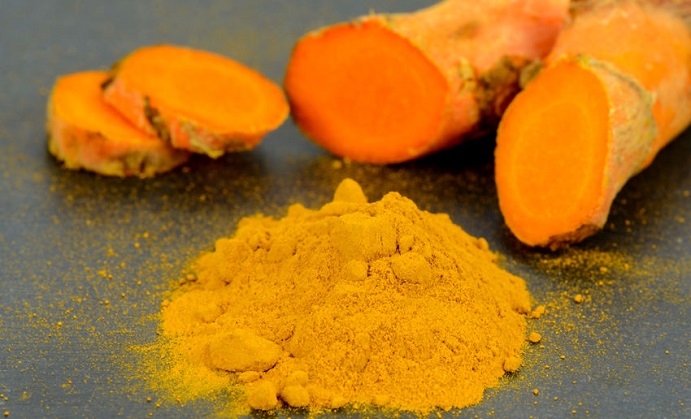Turmeric is a spice that has long been used, not just to enhance flavor in food, but also for its medicinal qualities. Chinese and Indian medicine have used turmeric for its main ingredient, curcumin to help treat many ailments. More recently, researchers have been looking at the specific health benefits of turmeric for the treatment of Irritable Bowel Syndrome, or IBS.
Recent Studies on Turmeric
In the last 15 years, there have been a number of studies done to show the treatment benefits for people with IBS to take turmeric. A 2004 study had participants with IBS take turmeric supplements daily for 8 weeks. After the time period, most of the participants reported less bloating and abdominal pain. Unfortunately, there was not a control group with this study, so the results are not perfect.
In 2010, scientists gave small doses of turmeric to rats to see its effectiveness on a number of stomach ailments. They noticed that the rats’ small intestines actually grew smaller during the study period.
Lastly, in 2015, rats with both stomach problems and with anxiety or depression were studied while they were given turmeric. The turmeric seemed to help release specific proteins that not only helped the rats’ mental issues, but also helped alleviate some of the pain from their stomach issues.
Supplements or Food Intake
There are currently two main ways to take turmeric to help with IBS. The first is to take supplements. These supplements can be found both in stores and through online retailers. It is important to know exactly which kind of supplement you are taking since supplements are not monitored by the FDA. The higher quality of the supplement, the better results you will see.
The other way to get turmeric is through your diet. Turmeric, in its natural spice form, is much more effective than most supplements. You only need a little bit of turmeric powder in your food to see the benefits.
Consult a Doctor Before Use
As with any supplement used for the treatment of IBS, it is important to consult with a doctor before the use of the product. While turmeric has been shown to help with IBS, there are also possible side effects from taking too much turmeric. The maximum daily dosage of turmeric is around 2,000 mg per day. There are also many possible side effects from turmeric, which include:
- Nausea
- Dizziness
- Stomach pains
- Increased risk of bleeding
To help eliminate the chance of side effects, you can start with a small dose of turmeric, and slowly increase until you are satisfied with the effects.
Is Turmeric Right For You?
While turmeric has been shown to help alleviate the symptoms of Irritable Bowel Syndrome, it is important to remember a few things. Always consult a doctor before starting a new supplement. Also, turmeric’s many health benefits should be used in conjunction with your already prescribed medications. Overall, turmeric can be a great way to help you fight the symptoms of IBS but should be used with caution.
Do you want to find an effective IBS treatment? Check out our top rated IBS products












